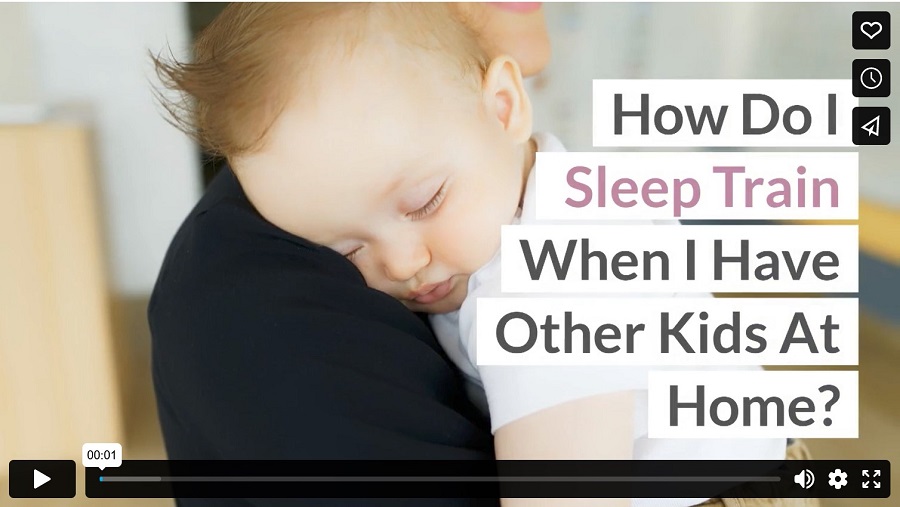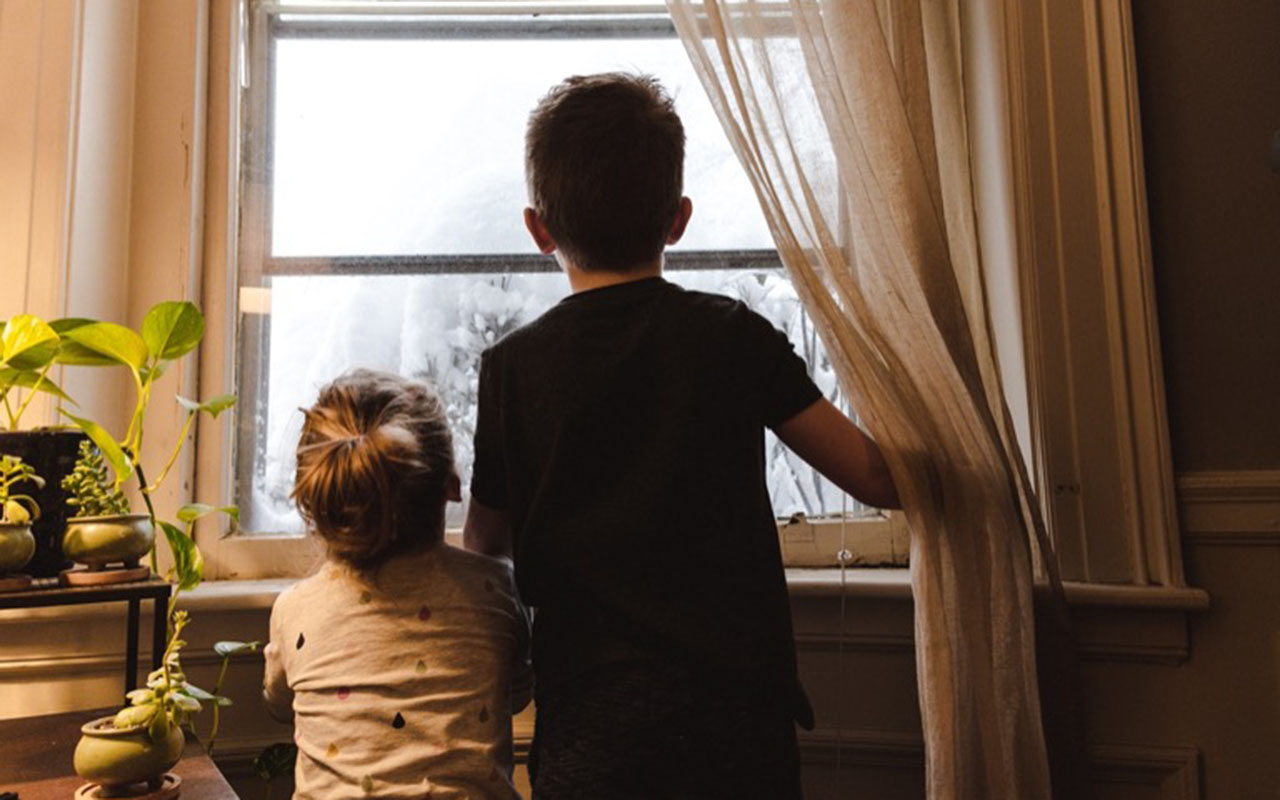Getting up multiple times during the night is arguably the worst part of having a new baby (and those who argue against that point – can you really trust them anyway?). Sleep deprivation causes a long list of problems for both stay-at-home and working parents, not the least of which is a toll on mental and physical health.
In fact, long-term sleep deprivation in adults is linked to an increased risk for diabetes, heart disease, automobile accidents, depression, and anxiety. Additionally, adults who lack sufficient sleep report poor concentration and memory and get sick more often than people who get the suggested seven to eight hours per night.
As adults, we often feel like we can push through our tiredness and get the things done that we need to, but what about sleep-deprived kids? Does a lack of sleep affect them as significantly as it does adults?
The answer is a resounding yes! Not only do sleep-deprived children share the same potential long-term health-related effects listed above, but they also don’t perform as well in school as their peers who do get enough sleep.
Additionally, they often show less curiosity, have shorter attention spans, and exhibit more mood disorders. To add insult to injury, kids who don’t get enough sleep often experience more sleep problems, such as bedwetting, sleep terrors, and nightmares, which only compounds the problem.
Having a baby or toddler that won’t sleep through the night not only affects the parents who get up with the baby, but the frequent wakings can also have a profound impact on other children in the home.
So how do you make sure your other kids get the sleep they need?
The best option available is to train your baby to sleep on their own so that everyone can get some good shut-eye. The problem is that, depending on the form of sleep training you choose, it can take a few days to several weeks before the baby is sleeping through the night, and the first few days of sleep training are often the worst.
Here are three options for you to consider as you plan out your sleep training journey:
1. Grin and Bear It (But Plan Accordingly)
Sometimes your only option is to sit down as a family and discuss how much the next few days or weeks might suck while you help the baby learn to sleep through the night. One way you can make the transition a little easier is to start sleep training over a long weekend or during a holiday break. That way, your other children can get naps in during the day, and you don’t have to worry about the sleep deprivation affecting their school work. Additionally, you might come up with a list of fun activities you can do together during the day while you work through those rough first nights.
2. Relocate the Older Kids
Another option that might work well for families where the kids can’t take time off school is for one parent to relocate with the older kids temporarily. This could mean spending a few nights at a nearby relative’s house or renting an Airbnb until the sleep training is well underway. If the older kids can take a few days off school or there’s a holiday, it’s also a good excuse to visit relatives who live farther away.
If you can’t physically move the older kids to another house during sleep training, you still may be able to rearrange your home to make it easier for them to sleep at night. Moving bedrooms around or setting up camp in the basement for a few days can help people get the sleep they need during sleep training.
3. Hire a Night Nanny or Certified Sleep Consultant
Two additional options that you can choose from include hiring a night nanny or certified sleep consultant. Night nannies, sometimes called newborn care specialists, come to your home during the nighttime and help with your infant’s needs, so the rest of the family can rest. They can also help teach new parents infant care and offer breastfeeding support. Night nannies often have a lot of experience with sleep training babies and can help you get your little one sleeping through the night.
Certified sleep consultants are another valuable option when you need help getting your infant to sleep through the night. Sleep coaches have special training in many different sleep training techniques to help everyone sleep well, and some infant sleep consultants (Tiny Transitions founder, Courtney Zentz, for example) have additional training as lactation counselors and postpartum doulas. Many sleep coaches even do overnight visits and offer phone assistance all hours of the night so that you have the support you need to be successful.
When your baby won’t sleep through the night, it affects everyone – including other siblings in the home. For better or worse, children aren’t as adept at pushing through their tiredness the way adults can, so you may have to make accommodations for them when you sleep train your baby. Depending on your home situation, you may be able to relocate everyone or hire a night nanny. If those aren’t options for you, strategic planning can help, too. Of course, you can also contact one of our pediatric sleep coaches to help everyone get the sleep they need to stay happy and healthy.
Infographic
When you have a newborn at home, expect to wake up more often at night. Sleep training your babies to sleep through the night is the solution, but it is a rough journey, especially during the first few nights. While adults can push through the tiredness and get things done, it is different for other children in your home. You should cater to them and consider these three options for your sleep training journey. Learn more in this infographic.

Video



